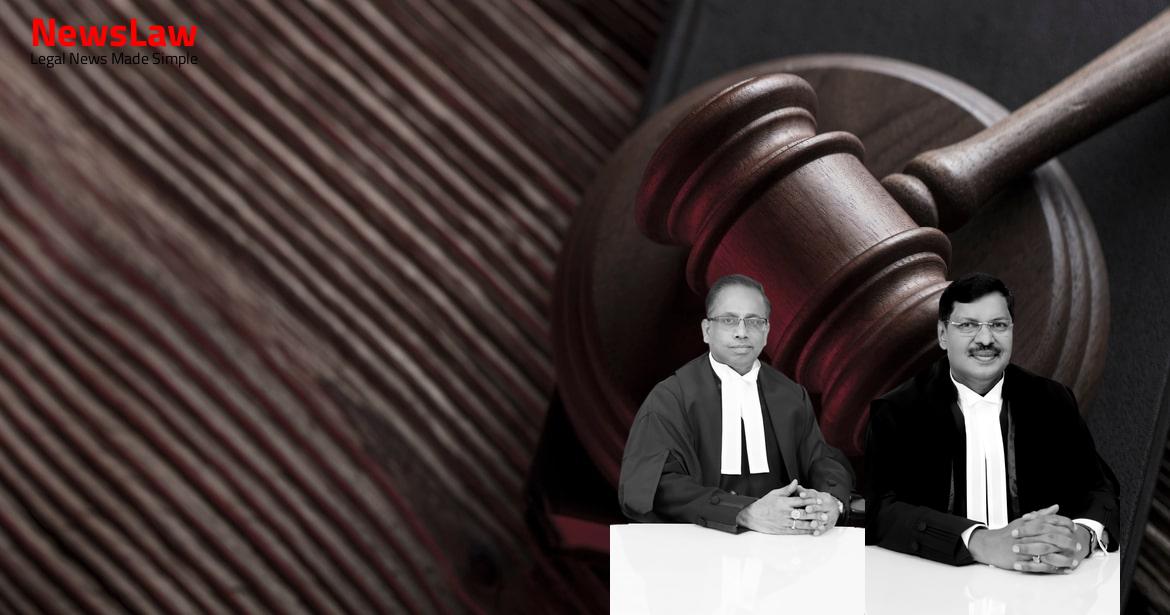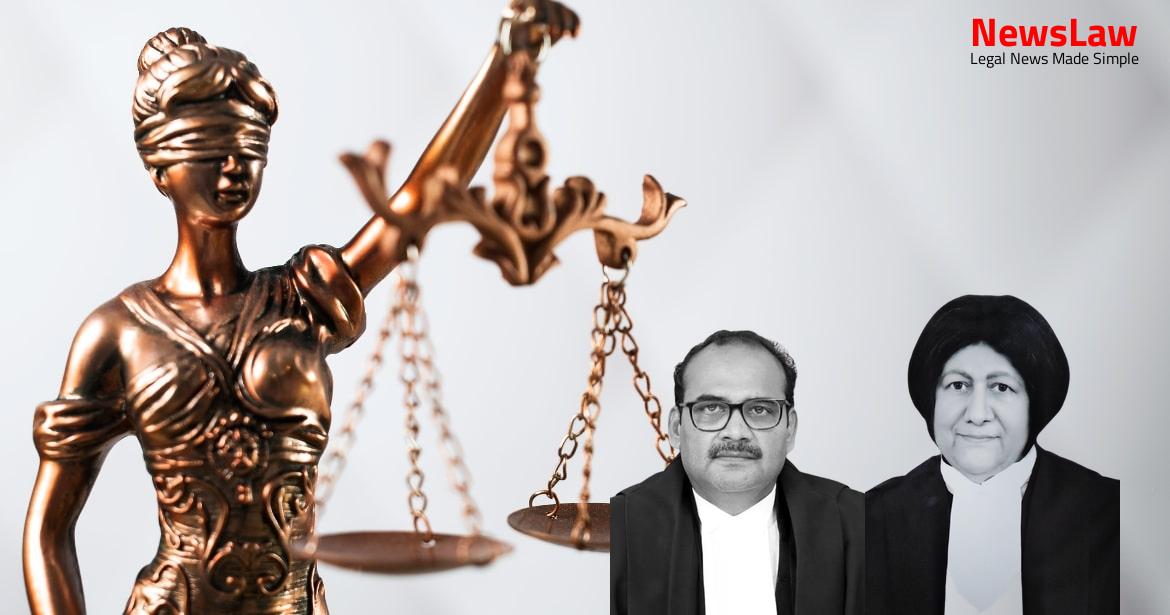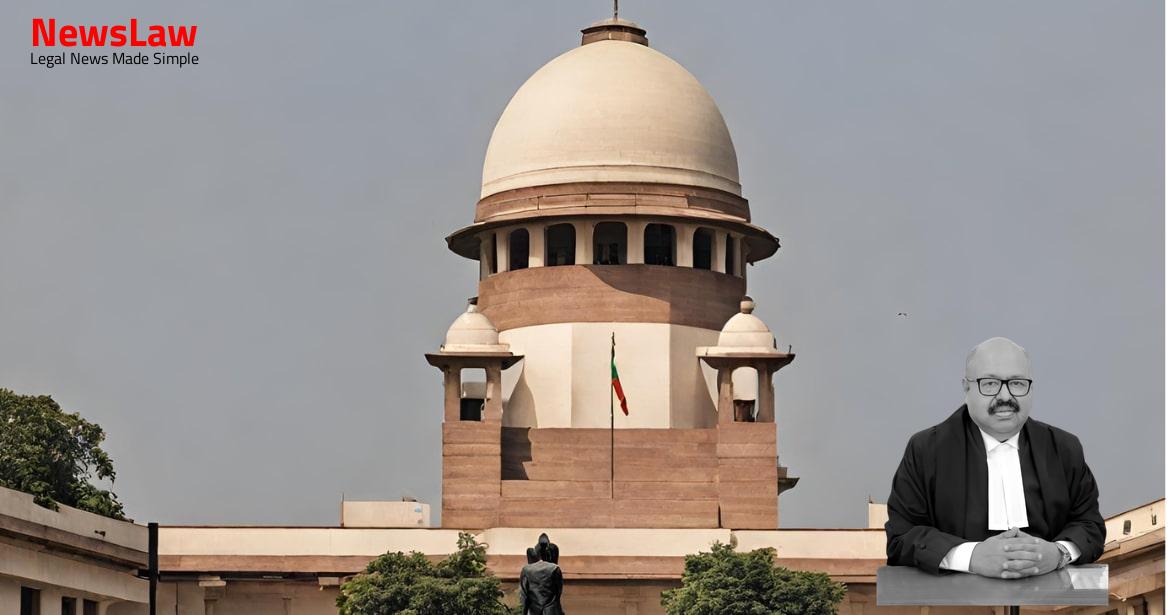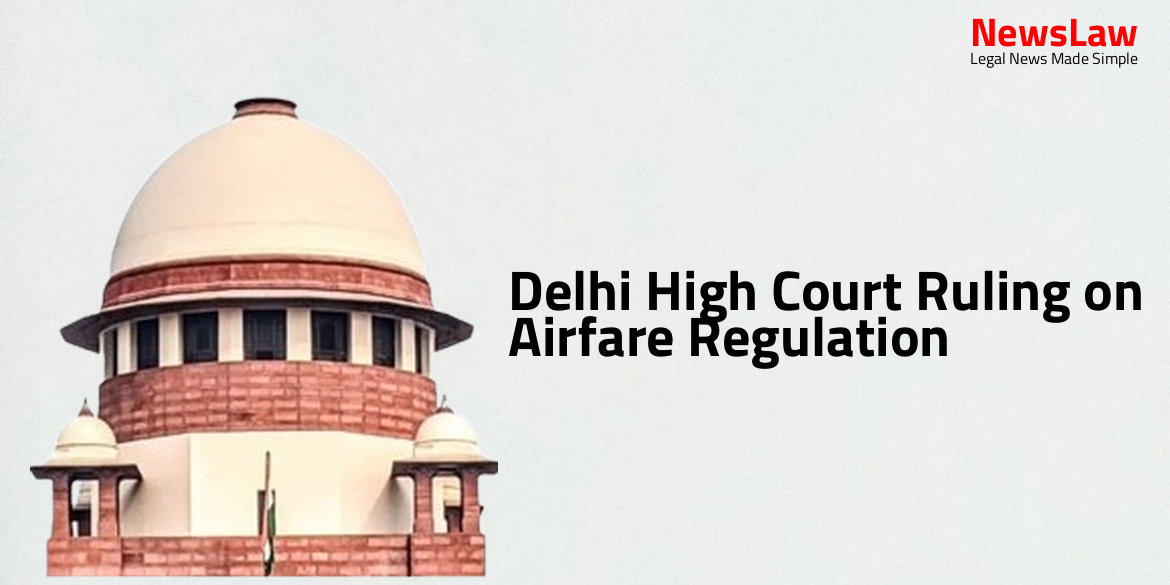In a significant legal development, the Supreme Court has delivered a ruling in the MBBS Seat Allocation Case, favoring meritorious candidates seeking admission against reserved seats for UR-GS category in the next Academic Session 2024-25. This decision marks a crucial step towards ensuring fairness and merit-based admissions in the field of medical education.
Facts
- Order dated 8 November 2023 challenged via SLP
- Court directed High Court to decide petition on merits within 2 weeks
- Judgments and orders of High Court dated 22 December 2023 and 12 January 2024 challenged
- Writ Petition dismissed on 31 October 2023
- High Court found no prima facie case and adjourned for additional arguments
- High Court ultimately dismissed writ petitions on 22 December 2023 and 12 January 2024
- This Court reserved judgment and directed State to keep seven MBBS seats vacant
- Multiple appeals were brought before the court by writ petitioners who were aggrieved by the allocation of MBBS seats in government schools.
- The appellants argued for the allocation of MBBS seats to meritorious reserved candidates from government schools before releasing them to the open category.
- Various amendments to Admission Rules, 2018 were made, including the definition of categories and procedures for filling vacancies in category-wise reservations.
- Important dates such as the NEET (UG) Examination, notification of amendments, and declaration of results were highlighted in the case timeline.
- Specific details of appellants, including their marks in NEET UG – 2023 and categories, were presented in the case.
- The petitioners challenged the decision of the Department of Medical Education regarding MBBS seat allocation and sought a directive for the allocation of seats to the appellants.
- New rules were established to define ‘Government School’ and identify students falling under the category of ‘Government School Students’.
- Reservations were detailed in a new table under Schedule-2, with a 5% reservation for government school students.
- An advisory was issued regarding the application of Admission Rules, 2018, and its amendments to the counselling process.
- The State Government’s amendment to the Madhya Pradesh Education Admission Rules, 2018 was notified in June 2019.
Also Read: Judgment in the Case of Altercation During Marriage Procession: Supreme Court of India
Arguments
- It was argued that vertical reservation categories selected on their own merit should not be counted against their reserved quotas.
- Citing previous judgments, it was emphasized that candidates from reserved categories, if meritorious, should be admitted under the general category even in cases of horizontal reservation.
- Anomalies were pointed out where less meritorious candidates secured admissions over more meritorious ones due to errors in policy application.
- The GS quota introduced by the State of Madhya Pradesh on May 10, 2023, was mentioned with criticism towards the illegal sub-classification of candidates into categories like UR-GS, SC-GS, etc.
- The State’s amendment in July 2024 to apply horizontal reservation correctly was discussed, along with the need to correct admissions for the Academic Session 2023-24 in the next session as per court directions.
Also Read: Contempt of Court: Upholding Individual Liberty in the Case of R.Y. Raval vs. State of Gujarat
Analysis
- Exceptional circumstances may warrant admission after the prescribed deadline if fault lies with authorities and not the candidate.
- Court may direct cancellation of admission given to a candidate at the bottom of the merit list if a more meritorious candidate was wrongly denied admission.
- Relief of admission may be granted in the next academic year if current year admission is not possible due to arbitrary actions of authorities.
- Compensation for loss of academic year may be awarded as an additional remedy but not a substitute for admission.
- Merit-based candidates denied admission due to incorrect reservation application should be admitted in the appropriate category.
- Vacancies due to incorrect application of reservation should benefit candidates in waiting lists.
- Shift of candidates between categories and managing quotas may be ordered by the Court in exceptional circumstances.
- Resolution of conflicting views by different High Courts on reservation application.
- Appropriate relief for meritorious candidates who were unfairly denied admission must be determined by the Court.
- In cases where a candidate has approached the court promptly regarding admission in a medical course, efforts should be made to prioritize and expedite the proceedings.
- Reservations, whether vertical or horizontal, are mechanisms to ensure representation in public services.
- Merit should not be foreclosed by rigid categorization based on reservations, as it may lead to communal reservation and negate merit.
- The open category should be based solely on merit, regardless of reservation benefits available to the candidate.
- Restricting the migration of meritorious reserved category candidates to unreserved seats is unsustainable and goes against established legal principles.
- Merit should not be denied to SC/ST/OBC candidates who were entitled to be selected against the unreserved general seats.
- The methodology of compartmentalizing categories in horizontal reservations and denying seats to meritorious candidates based on their own merit is not valid.
- Cut-offs for different categories should be fair and not discriminate against certain groups based on their reservation status.
- The procedure outlined by the High Court of Gujarat in Tamannaben Ashokbhai Desai case provides a correct and appropriate framework for implementing reservations.
- The Court finds that the admissions of the appellants in the next Academic Session 2024-25 against UR-GS seats should be allowed.
- This decision is based on previous rulings in the cases of S. Krishna Sradha, Saurav Yadav, and Sadhana Singh Dangi.
- The Court notes that the actions of the respondents are in contravention of established legal principles.
Also Read: Supreme Court Judgement on Bail Application in CBI and ED Cases
Decision
- The appeals have been allowed in this judgment.
- The impugned judgments and orders dated 22 December 2023 and 12 January 2024 by the High Court of Madhya Pradesh have been quashed and set aside.
- The appellants are directed to be admitted in the next Academic Session 2024-25 for MBBS Course against reserved seats for UR-GS category.
Case Title: RAMNARESH @ RINKU KUSHWAH Vs. STATE OF MADHYA PRADESH (2024 INSC 611)
Case Number: C.A. No.-009628-009628 – 2024



